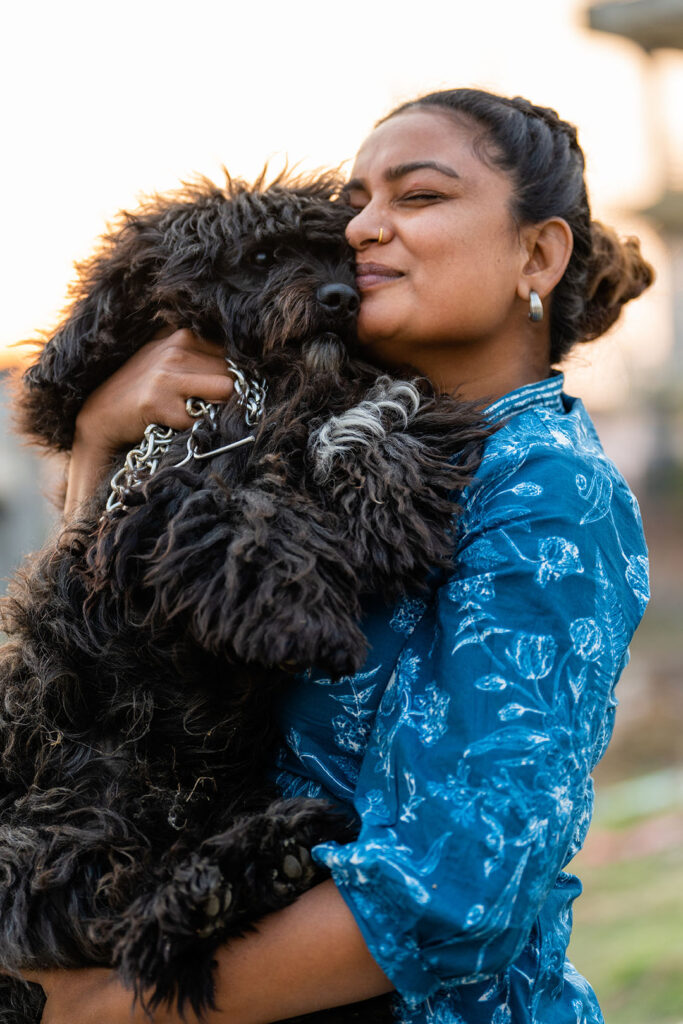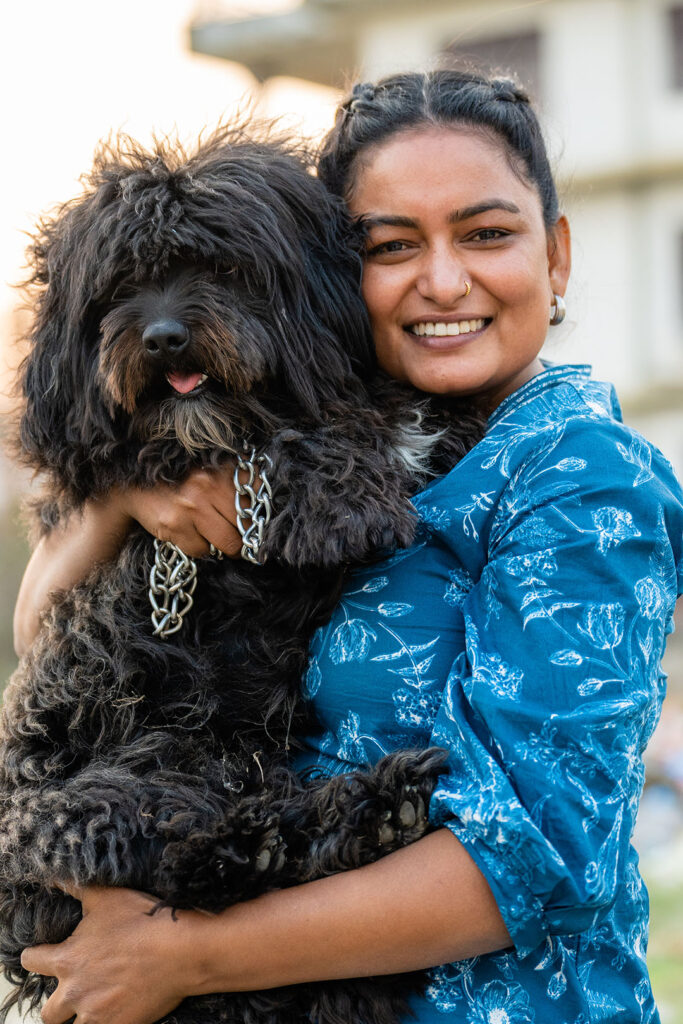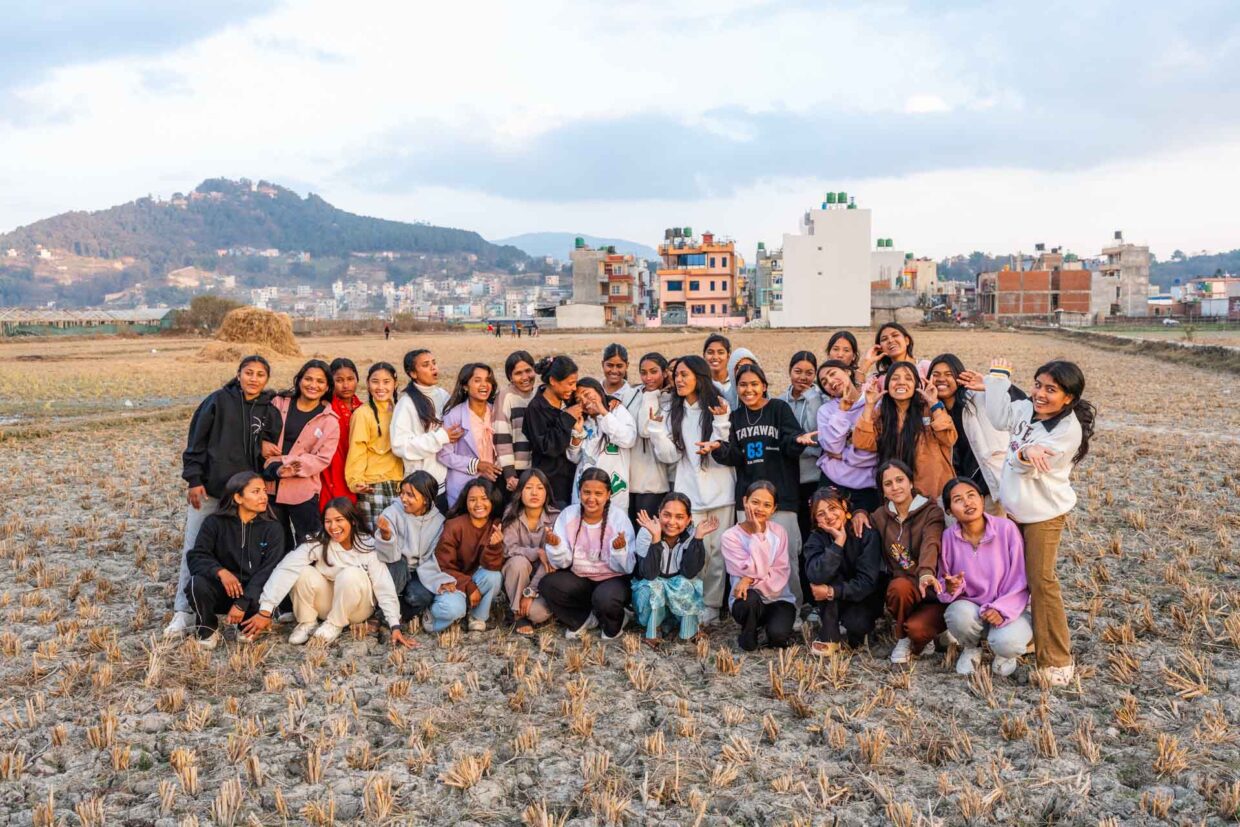Breaking the system
In the caste system of Nepal, the Badi people find themselves at the very bottom, labeled as “untouchable” unless used for personal pleasure in Nepal and India’s sex trade. Hannah, a resilient Badi woman and Venture partner, rebels against the prevailing narrative that devalues her people’s existence.
Hannah recently started a Venture-funded program called “Our Home,” created for girls rescued from trafficking or who are at risk of being trafficked. This program provides them with housing, education, vocational skills, and discipleship, helping them to heal, pursue their dreams, and create a future free from sexual exploitation.
Unexpected results
The fertile land surrounding Our Home provided an opportunity to grow crops to provide food for the girls, so when deciding what to plant, Hannah felt led to start growing rice. Despite her initial hesitation, she faithfully chose to plant rice with the girls’ help from Our Home.
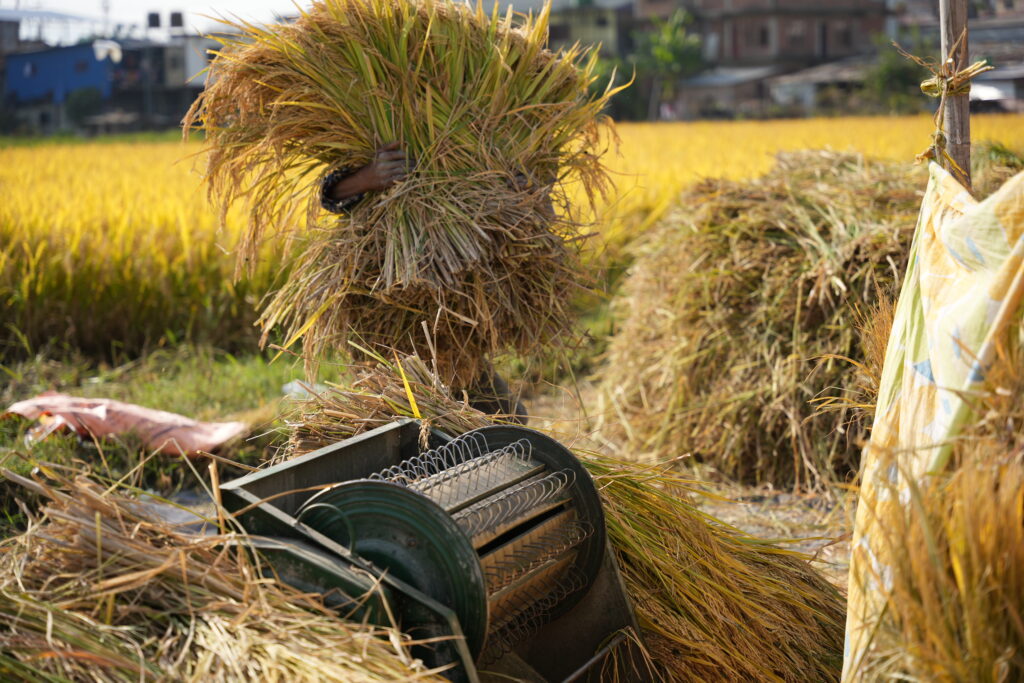
However, something unexpected happened as they planted and cultivated the rice. While neighboring fields suffered from diseased crops, the rice at Our Home flourished. When neighbors asked what Hannah was doing to make her rice so healthy, Hannah responded, “I just pray.”
With an abundant harvest, Hannah needed to decide what to do with the excess. She assumed the surplus rice could fund the school’s endeavors, but Hannah soon felt God was leading her to use it for something else; she just wasn’t sure what.
Devastation hits
Then, on November 3, 2023, a violent earthquake hit. Tragically, lives were lost, villages were destroyed, and food became scarce. During this crisis, Hannah clearly heard from God to use the surplus to provide rice to the villages impacted by the earthquake.
Yet, a perplexing challenge emerged – people from these villages were from higher castes. They usually do not accept help from the Badi people.
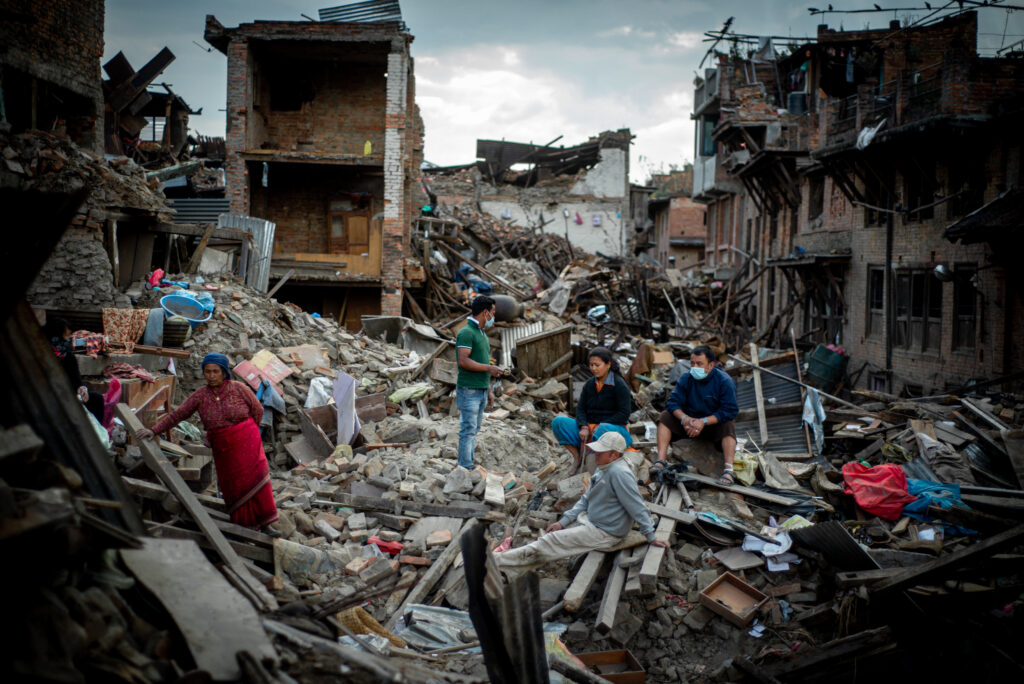
A fire was set
Undeterred, Hannah knew the rice was a lifeline the people couldn’t afford to reject. To break societal barriers, she boldly labeled each bag of rice as “Badi Rice.”
This act was not just about providing rice and meeting a need; it was a powerful statement, challenging prejudices and discrimination. “We want to show people the Badi are here for them,” Hannah said.
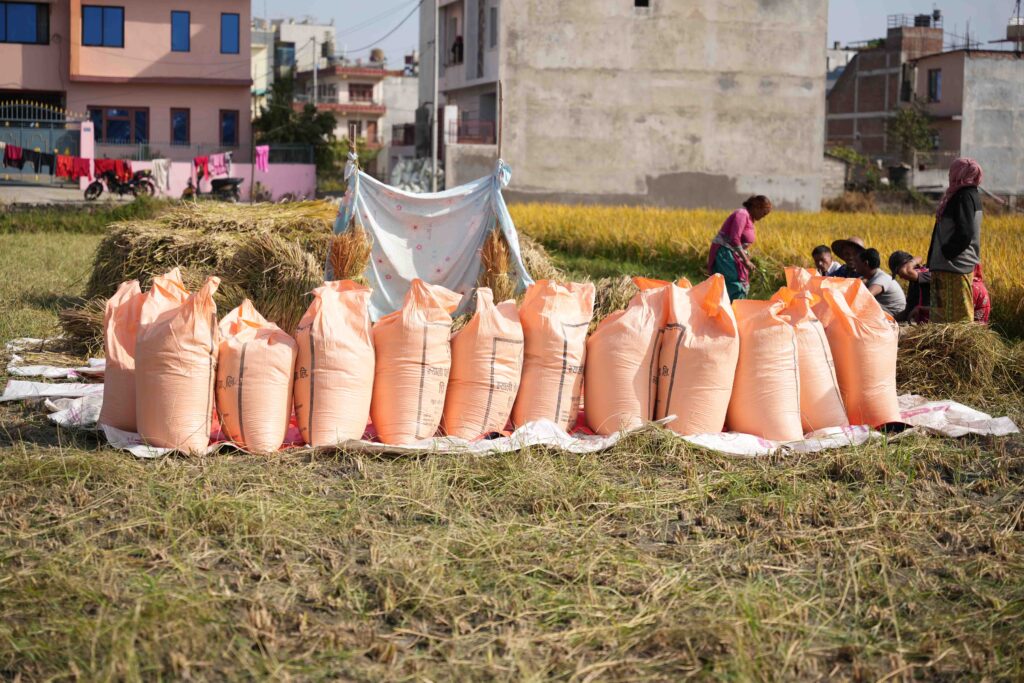
However, just before the rice could be delivered, someone snuck onto the property under the cover of night and set fire to the rice, destroying all the excess that was to be used for relief. While it’s unknown who the perpetrator was, it’s well known that there are some in the area who strongly disapprove of Hannah’s efforts to disrupt societal norms.
Hannah awoke to a pile of ash where the bags of rice once were. Instead of despair consuming her, she faced this injustice with defiance. “Nobody can stop us,” Hannah told us.
Resilience remains
Instead of bags of rice being delivered, Hannah and the girls from Our Home went and purchased food to make home-cooked meals to offer instead. They also got blankets and warm clothes to distribute, because many in the villages were freezing without protection from the onset of snow.
Those in the villages were surprised to see people they would typically ignore offering them food and warmth. Regardless, Hannah and the girls’ kindness and generosity were accepted with gratitude.
In the end, the bags of Badi Rice weren’t delivered as Hannah had imagined. Yet, God still used the compassion and acts of kindness by Hannah and the girls at Our Home to challenge a corrupt caste system.
Hannah’s journey from planting rice to becoming a catalyst for change shows the transformative power of faith, compassion, and resilience.
We are honored to call her our partner.
